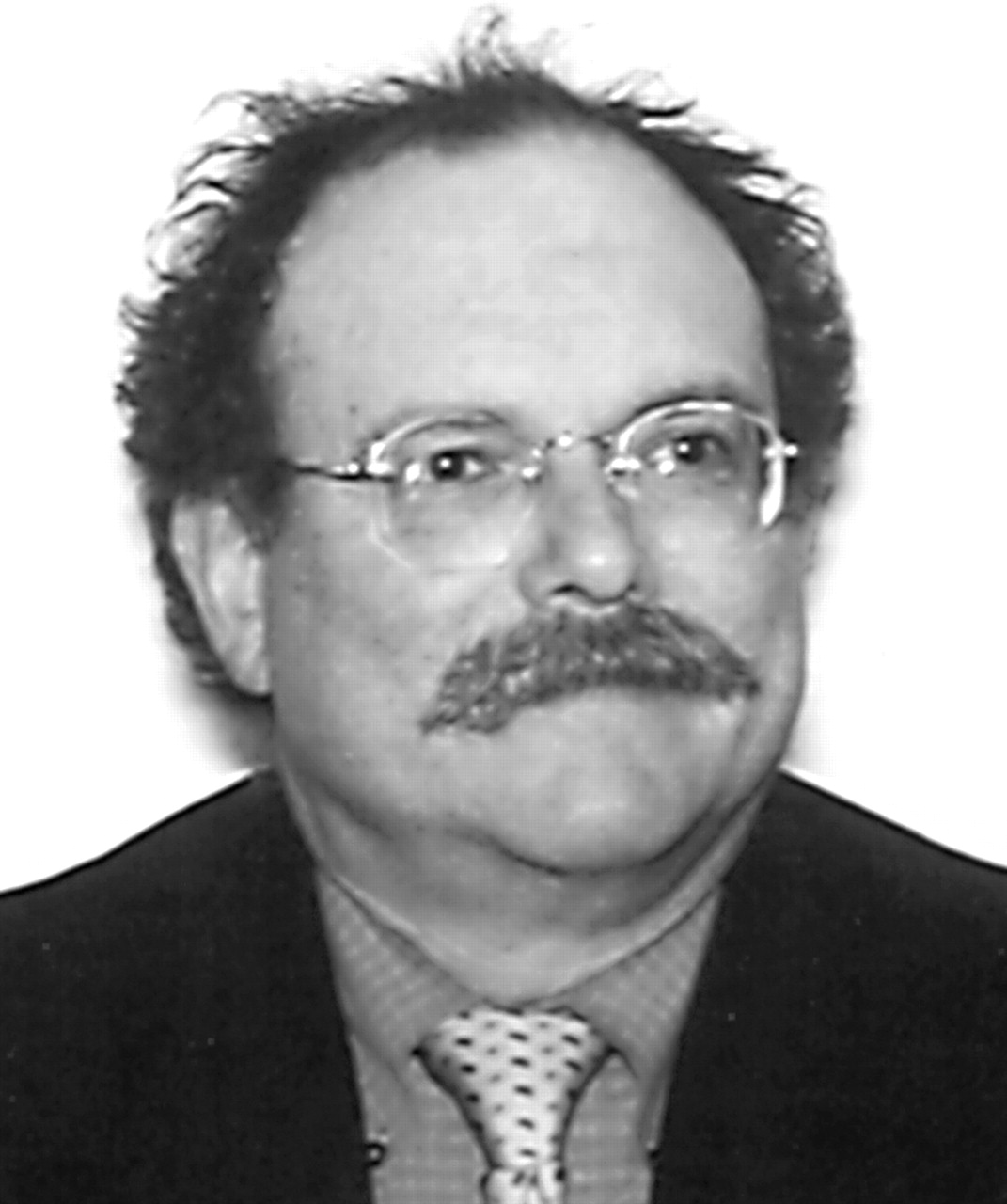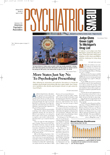Biographical Statement
I have been in the private practice of general adult psychiatry for 27 years in Portland, Maine. When I completed medical school at the University of California, San Francisco, my professors told me I was throwing away my career by moving to Maine. My classmates told me I was throwing away my career by going into psychiatry. And four years earlier my college advisors at the University of Chicago had told me I would be throwing away my career to go to medical school in the West.
In fact, I have been fortunate. In solo practice I’ve had the rewards and disappointments that come with accepting the highest level of responsibility for the care of others. I have been blessed with coverage colleagues whom I trust and office-sharing companions, who are both physicians and nonphysician therapists, with whom I have been affiliated for many years.
I work one day a week in a community mental health center. Treating these seriously and chronically ill patients has been especially rewarding. I am the medical director of a skilled nursing care facility, Cedars Nursing Care Center, in Portland.
In the Assembly for 23 years, I was the representative from Maine for many years and the Area 1 representative for four years, and I currently am the Area 1 deputy representative and chair of the Assembly Committee on Planning. For over 15 years I was the Assembly liaison to the Council on Aging, have been the Area 1 Rules Committee representative, and have served on various reference committees.
In Maine, I have been an executive committee member of the Maine Psychiatric Association for about 25 years. I have held every office we have, except treasurer, including the presidency two times (to be honest, we are a small DB, and it is sometimes hard to find volunteers).
Candidacy Statement
Running for Assembly office is daunting; I’ve been anxious about the idea for years. At the same time, I’ve been drawn to it. I love the Assembly. I think it’s the best part of our Association, if you include the Area Councils. I love the energy, the diversity, even the argumentativeness. Years ago, when Jim Trench was the speaker, and the representatives would unexpectedly rise in outrage during an apparently routine agenda item, Jim would say, “The beast is stirring.” Those are great moments; they still happen, despite our best efforts to streamline the course of business. It’s the nature of democracy. Sometimes it’s messy.
There is no place within APA better suited than the Assembly to introducing fresh ideas, alerting the center to vital regional developments, goading it to action. I have been an Assembly member since 1980. I am opposed to uniform term limits. The needs of our district branches differ, and they should remain free to determine the longevity of their reps. I also support the continuing diversification of representation through seating of M/UR, ECP, MIT, and allied organization reps. It’s not only the individual representatives who have much to contribute, but the perspectives brought by their roles and caucuses as well. For these reasons, as well as others, I am not in favor of reducing the size of the Assembly unless someone can show me exactly how and why this will improve its functioning. Right now, I think it’s more important to foster representation and provide an opportunity for a couple of hundred dedicated members to be active in governance. It’s good for our organization to hear lots of voices. Furthermore, the Assembly has already reduced its expenditures by about one-third in recent years, and for the most part governance is not the place that APA has been most inclined to waste its money.
Another issue about which I feel very strongly and affects our members widely is what is called scope of practice. I have had some experience of this in Maine years ago when first psychologists and then social workers won the legislated right to “diagnose and treat” mental illness, previously reserved for physicians. Our Association fought those developments and lost. Legislators saw it as the easiest way to get insurance reimbursement for psychotherapy services provided by non-M.D. practitioners and could not understand our concern about the issue. With the drive now for psychologist prescribing, I feel “scope of practice” is insufficiently forceful language to characterize the risk to patients. We are fighting a patient-safety issue, and I think we should start referring to it that way.
I want to mention managed care as well. Its cost and profit-driven practices affect all of our members as well as our patients, those providing direct patient care, researchers, hospital administrators, mental health center staff, you name it. I think it is fair to say that no one feels the negative impact more personally than individual doctors who have untrained persons second-guessing their treatment decisions for their patients. If I am elected Assembly recorder, be sure that whatever opportunity presents itself, I will be speaking out about the harm managed care has been doing to our patients and to us.
The Assembly is where governance connects most closely to our members. We need to tighten that connection. Members need to feel that in addition to the good work we do for the mentally ill, we are doing something for them too. Elect me to office, and this will be a top priority for me. It will inform every decision I make. Thank you. ▪

